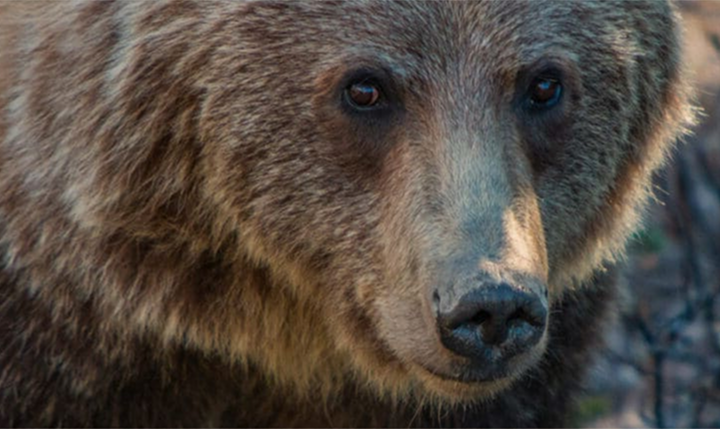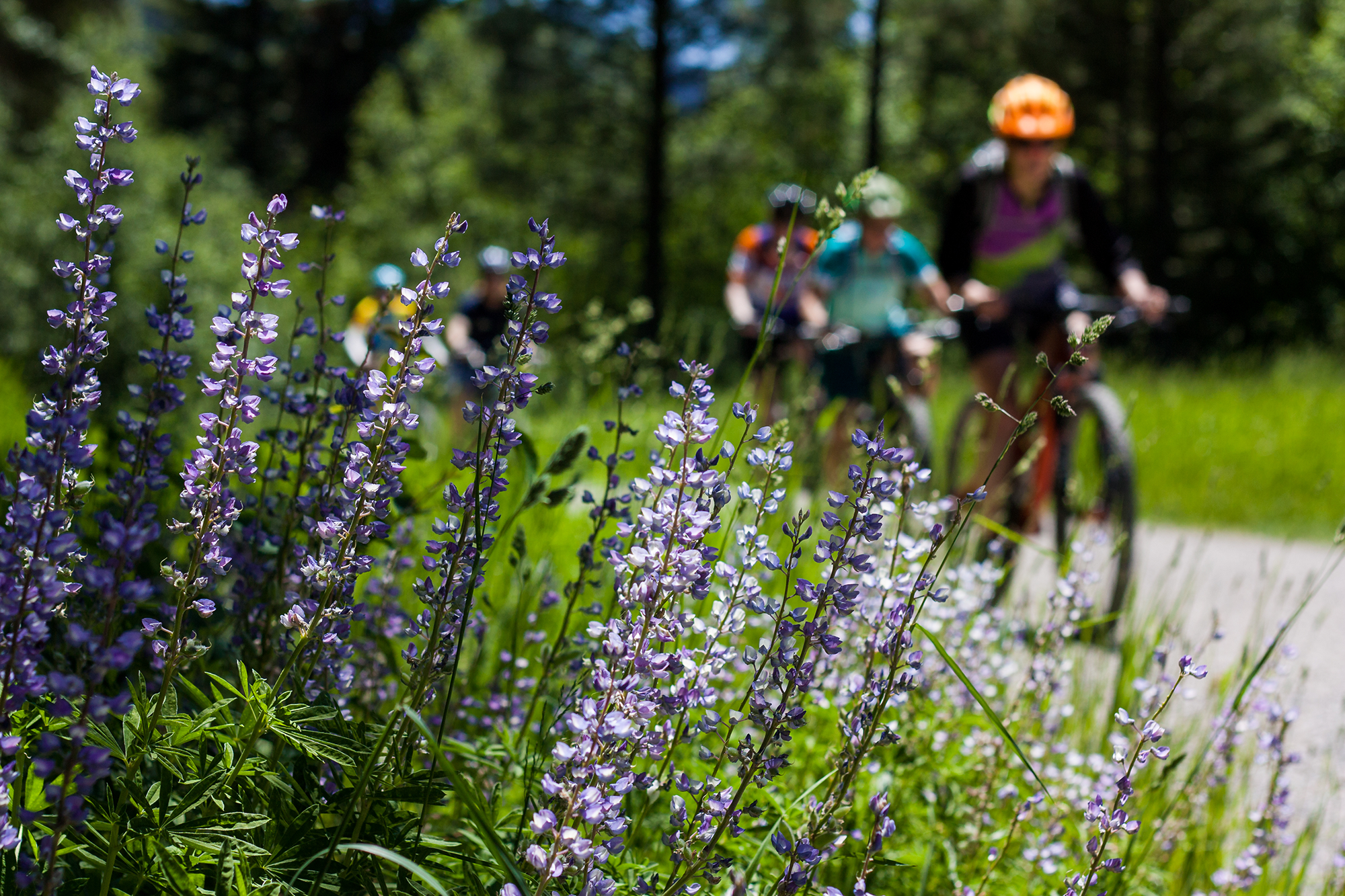Have you ever felt excluded, or even uncomfortable in the outdoors or your favorite place in nature? The answer to that question is not the same for everyone.
The outdoors should be a safe space for all; a place for connection with nature, with others, and with themselves — whether that’s through exploring the backcountry on skis, or by taking the time to sit quietly and listen to the birds chirping. No individual or group should feel left out of or discriminated against in nature, or anywhere else for that matter; but this isn’t yet the reality of our world.
Our ability as a collective to make a difference for nature and all of its beings, including within the Yellowstone to Yukon region, relies on people and communities coming together.
Nature is a place for all, but we must first do our part to make these spaces more inclusive, safe and welcoming. To attain a thriving future for people and the well-being of our shared planet, we must move beyond the concept of nature as exclusive to some, to nature as essential for all.
We wanted to open the conversation on what this means for diversity in the Yellowstone to Yukon region. So, as a start, we spoke with two people who have different experiences around representation and diversity in nature, the outdoors, and recreation.

Lynn T., British Columbia
Mountain communities are an integral part of the incredible wild landscapes stretching from Yellowstone to Yukon. People from all over the world visit places like Banff in Alberta or Jackson Hole in Wyoming. But what happens when you move your life from a ”mecca of cultural diversity” to a much smaller community with a predominately white population?
Lynn Trinh, Y2Y’s videography and digital storytelling summer intern, brings this important perspective to the forefront in her independent short film, ‘Through These Eyes’, describing her experience as a Vietnamese woman moving from Brampton, Ontario to Nelson, B.C. – a small city of just under 11,000 people.
“When I moved to Nelson in 2016, it was an adjustment and felt a bit isolating at first,” says Lynn. “I thought that by creating this video, it would give me a chance to connect with others who might have similar experiences living as an Asian person in Nelson.”
Places like Nelson are often hubs for many different types of recreation. But all too often, these opportunities feel less accessible when it comes to inclusivity, including representation and even the high costs of recreation as barriers to entry, says Lynn.
“Growing up, my parents, who were newcomers to Canada, didn’t take us camping. My brother and I learned to snowboard ourselves and I was lucky to have had friends whose families owned cottages. I also took my first multi-day camping trip for a high school class, portaging in the beautiful lakes of the Algonquin,” says Lynn. “Other than that, I didn’t grow up doing most of the outdoor activities that I love now. So, at first, the outdoor community felt new and a bit exclusive.”
Now, Lynn says she has formed some of her closest friendships through hiking trips in the mountains.
“The more I’ve explored these beautiful wild places, the more I’ve realized that getting out in nature is a great way to bring people together. This community has been very welcoming and I really feel at home here.”
Lynn’s passion for the environment and the health of ecosystems has also helped deepen some of those connections to her community. In fact, she co-ordinated Nelson’s first West Kootenay EcoSociety Earth Day parade, and volunteers her time to bring awareness to sustainability practices at local events and festivals.
“The health of the environment is something much bigger than what divides us,” says Lynn. “At the end of the day, we’re all human beings living on this Earth, and that’s something that should bring us together.”


Tina B., Alberta
Sometimes, an individual’s differences may be less visible to others, which can lend to a feeling of isolation. This has been the experience for Tina Bellefeuille, a Y2Y supporter who lives in Alberta, since being diagnosed in her early 30s with Multiple Sclerosis (MS).
Tina has lived, worked and played in different parts of the Yellowstone to Yukon region since she was a child, including B.C.’s Kootenays and in the Rocky Mountains of Alberta. Part of living in those places has always included outdoor activities such as cross-country and downhill skiing, hiking and biking.
Even though she can still get around, MS has limited Tina’s mobility over the years and impacts her ability to take part in higher-impact activities. Tina told us how the lack of representation of individual abilities in advertisements and on social media can lead to feelings of exclusion, lowering confidence.
“Seeing certain ads online or on television, knowing I face obstacles in doing these activities, can feel isolating from the general population who are seemingly out there having a great time and exploring the outdoors in a certain way with few boundaries,” she says. “As a result, I tend to create and limit my expectations of how my place in the outdoors should look.”
Despite these challenges, she strives to look on the bright side. Nature remains an important part of her healing and well-being, even if it looks a bit different through the eyes of someone with MS.
“It’s all about knowing what you are capable of and trying to embrace that every day. Being out in nature has and always will be such an enjoyable part of my life, so I’ve chosen to reframe disability as, well…ability!”
Connecting and protecting nature so all people and wildlife can thrive
We know, and recognize that there is an amazing diversity of people working to protect nature across this region. They can be advocates for a better future for wildlife and people regardless of how they look, where they come from, or who they love.
It’s important that we give back by doing better to amplify the voices that aren’t always heard. It’s our intention, with your help, to turn words into action. We know this takes time, and it requires both learning and unlearning.
We want to share YOUR story. What has your experience in conservation, the environmental community, or simply in nature been like as a person who may experience barriers to inclusion in the outdoors within the Yellowstone to Yukon region? Tag us on social media:
Facebook: Yellowstone to Yukon Conservation Initiative
Instagram: y2y_initiative
Twitter: Y2Y_Initiative
It’s also important to be a supporter of organizations and individuals actively working to diversify the outdoors. Here’s just a small list:


